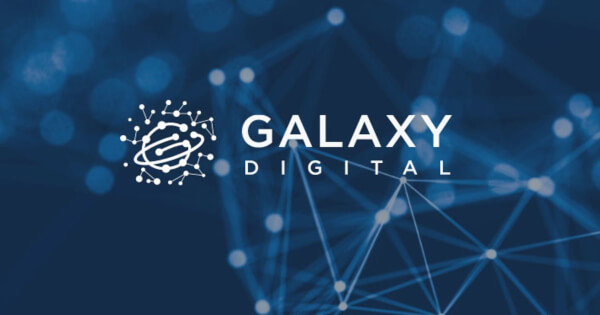On June 6, 2024, Ethereum protocol developers convened virtually for the All Core Developers Execution (ACDE) Call #189, chaired by Ethereum Foundation (EF) Protocol Support Lead Tim Beiko. These bi-weekly calls serve as a platform for discussing and coordinating changes to Ethereum’s execution layer (EL). Among the key topics of discussion were the inclusion of EOF and EIP 7702 in the upcoming Pectra upgrade, the deactivation of EIP 158, and the integration of EIP 4444.
Pectra Scope
Before the call, various EL client teams and the EF DevOps team shared their views on the scope of the Pectra upgrade. Most client teams supported including EOF in Pectra, except for Geth. Geth developer Guillaume Ballet expressed concerns that including EOF might delay the Verkle transition. However, other developers, including Reth’s Dragan Rakita, argued that the delay would be minimal and that EOF would significantly enhance the Ethereum Virtual Machine (EVM).
Beiko suggested bundling EOF with other Pectra EIPs for a single client release but recommended using devnets for staged testing. This approach would allow developers to sequence testing priorities and decide later whether to split EOF out if it causes significant delays.
Pectra Specs
Teku developer Mikhail Kalinin shared updates to existing Pectra EIP specifications, including a proposal to process EL-triggered requests to the consensus layer (CL) through a sidecar mechanism. However, this proposal was withdrawn due to potential conflicts with future code changes like enshrined proposer builder separation (ePBS).
Kalinin also proposed changes to EL and Engine API specifications for Pectra, such as enabling EL-triggered consolidations under EIP 7251. Beiko recommended reviewing these changes before the next ACD call to finalize them for Devnet 1 testing.
Verkle Prep
Ballet raised concerns about EIP 158 causing issues similar to the deprecated opcode SELFDESTRUCT. To avoid complications, he proposed deactivating EIP 158 in the Pectra upgrade. Beiko suggested drafting a proposal for this deactivation while considering the timing of EIP 7702’s implementation.
History Expiry
Developers also discussed EIP 4444, which aims to reduce block history storage on nodes by removing non-consensus-critical data after a certain period. The Portal Network was proposed as an alternative for querying Ethereum history data. Merriam from the Portal Network team offered support for EL client teams integrating this network, emphasizing the importance of collaboration for timely progress.
ACD Process Improvements
Beiko proposed several improvements to the network upgrade process. First, he suggested reducing the frequency of discussing topics that client teams haven’t reviewed in detail. Instead, these topics should be flagged for review first and discussed thoroughly in subsequent calls. Second, he recommended creating a new label, “Proposed for Inclusion” (PFI), to better organize EIPs likely to be included in a hard fork.
EF DevOps Engineer Mario Vega proposed creating a new Discord sub-channel for sharing testing updates, consolidating information currently scattered across multiple channels. Client teams were asked to provide feedback on this proposal.
As a closing note, Beiko reminded developers of two upcoming breakout meetings, one for ePBS on June 7 and the other for PeerDAS on June 11. For further details, the complete writeup can be accessed on Galaxy.com.
Image source: Shutterstock
. . .
Tags








